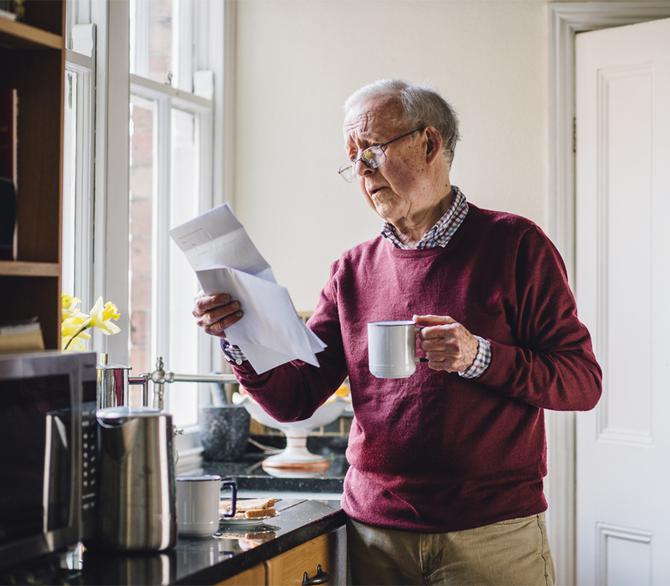How can individuals protect themselves financially from the effects of extreme weather—especially when it might be those least able to pay for repairs who are hardest hit?
The devastating floods that swept Tasmania in June 2016 killed several people and caused more than $180 million of damage.
The flooding was only made more traumatic when there were insurance assessment delays and debates hinging on the difference between damage classified as caused by 'floods' or 'storms' and other complexities.
"Most homeowners have house and contents insurance, but post-disaster estimates suggest a startling gap between coverage levels and rebuild and replacement costs," Dr Kate Booth said in an opinion article in The Mercury in 2016. Kate is a human geographer and affiliate member of the Institute for the Study of Social Change.
"Insurance is not working well for those in high risk areas who cannot get cover and suffer a dramatic decline in property value as a result."

Some of the issues stem from affordability and trust in insurance policies.
"About 17 per cent of Australians are fully or severely marginalised due to limited finances. With contents insurance costing the average household $344 per year, its purchase and the purchase of house insurance can be overridden by more immediate priorities," Kate said in The Mercury.
"There are also issues with insurers. Recent research indicates people reduce coverage levels because they do not trust insurance companies. They feel uncertainty and anxiety about loss or damage to property through flood or fire. They worry whether insurers will come through for them."
She argued that planning is an important aspect of climate change adaption, and that some insurers are stepping up.
It's an issue of direct relevance to many affected by extreme weather in Tasmania and Australia more broadly, and one that will continue to evolve in the future.
The effect of popularity
The University is also investigating the effect of Tasmania's booming popularity among visitors as well as those hoping to make the state their new home.
"Tourism will soon make a greater contribution to the Tasmanian economy than agriculture, aquaculture and forestry combined. We think the time for greater public investment in key tourism infrastructure has arrived and we're working with government on infrastructure planning and investment," says the University's Professor Richard Eccleston.
Other issues that the University's geographers have tackled include:
- Analysing migrant and international student experiences in Tasmania, conducted with the Multicultural Council of Tasmania, and supported by the Tasmanian Government, to inform the Tasmanian Population Strategy.
- Evaluating the Healthy Families, Thriving Communities program for Neighbourhood Houses Tasmania.
- Leading a national, collaborative project investigating 'Pathways to Housing Tax Reform' with the aim of developing an evidence-based strategy for breaking the political deadlock afflicting Australian housing tax policy. The project was supported by the Australian Housing and Urban Research Institute.
About the researchers
Dr Kate Booth is Lecturer in Human Geography (Planning) at the University of Tasmania. She teaches urban planning and design, and regional planning as part of the accredited Master of Planning course. In light of the escalating costs of natural disasters and significant rates of under-insurance, Kate is leading research on how insurance matters (or could matter) in disaster planning and management. Her other research interests include place, and visitor studies.
Richard Eccleston is Professor of Political Science and founding Director of the Institute for the Study of Social Change at the University of Tasmania. He is a specialist in domestic, comparative and international political economy with an emphasis on taxation policy and public finance.
Interested in conducting your own research? Apply now to become a research student.
Interested in partnering with the University of Tasmania? Find out more about partnerships.


